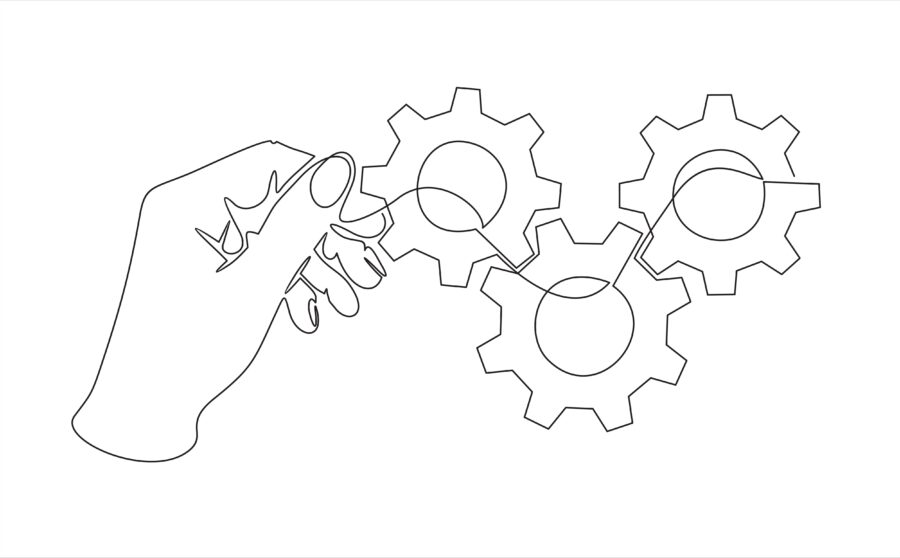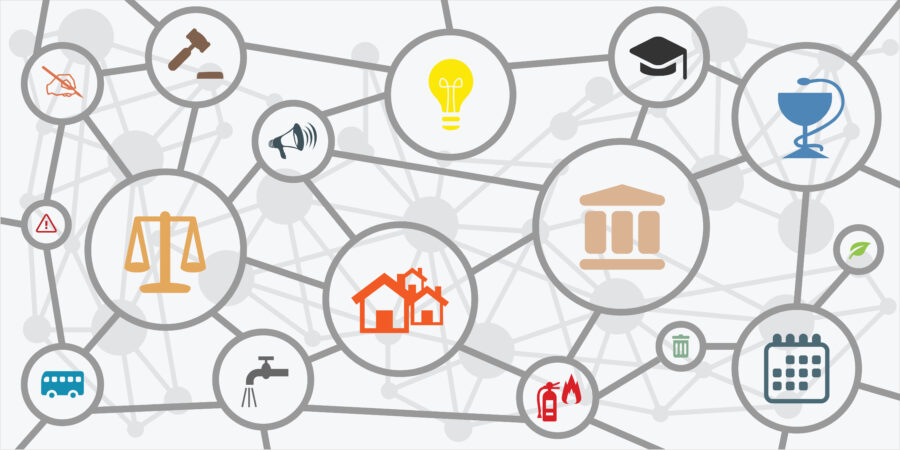
Exploring the Art and Craft of Knowledge Mobilisation
Sarah Chaytor What is knowledge mobilisation? Put simply, it is about sharing knowledge between different people. The research-policy ecosystem is about connecting academic evidence and expertise to policy professionals to explore and address policy problems. Here, I offer some personal reflections and observations on seven aspects of knowledge mobilisation to inform public policymaking in practice, drawn from 12 years of experience and countless conversations with many highly talented colleagues. What is knowledge mobilisation? Knowledge mobilisation is perhaps best considered not as a fixed technique but as a ‘craft’ incorporating many different skills...



